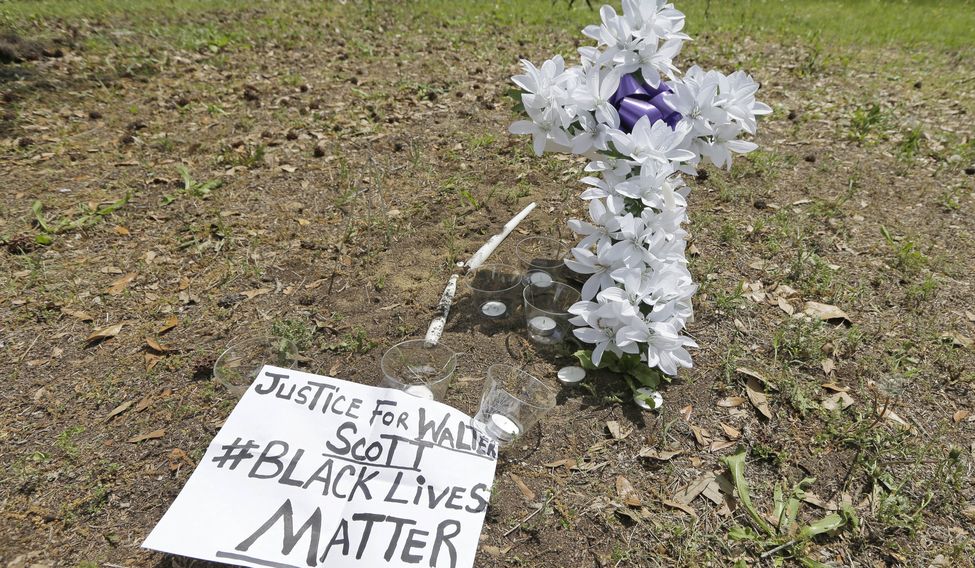The video was unambiguous: A white police officer fatally shot an unarmed black man in the back as the man ran away. In April 2015, An unarmed African-American Walter Scott was shot five times from behind by police officer Michael Slager. The incident had been recorded on a cell phone.
But a South Carolina jury was unable to agree on a verdict in one of the nation's ghastliest police shootings, with a lone holdout forcing a mistrial. The outcome stung many African-Americans and others. If that kind of evidence can't produce a conviction, they asked, what can?
"There's a jury full of people and they cannot decide if it's illegal to shoot someone who is running away from you?" said activist Johnetta Elzie. "What do you say about a country that feels this way about black people? If you can't see the humanity in that, I don't know what we're talking about anymore."
Prosecutors plan to retry former officer Michael Slager, who is scheduled to be tried separately next year on federal charges that he violated Walter Scott's civil rights.
North Charleston city officials approved a USD 6.5 million civil settlement for Scott's family earlier this year. Slager remains free on bail.
South Carolina's Indian-American Republican Gov Nikki Haley voiced her support for Scott's family, saying in a statement that justice "is not always immediate, but we must all have faith that it will be served."
Scott, 50, was killed in April 2015 after he was shot five times. A barber on his way to work recorded the shooting on his cellphone.
The panel of 11 white jurors and one black juror deliberated for 22 hours. At one point, a juror sent a letter directly to the judge saying he could not "with good conscience approve a guilty verdict" and that he was unlikely to change his mind. As they weighed their decision, jurors also asked the judge to explain the legal difference between fear and passion and inquired whether the self-defense standard was the same for officers as ordinary citizens.
NAACP President Cornell Brooks called the jury's decision "a disappointing delay in the delivery of justice." Hours after the mistrial, a tweet from three Black Lives Matter co-founders said, "Some days the hashtag is too painful to participate in."
Elzie, one of the first protesters in Ferguson, Missouri, after the fatal 2014 shooting of Michael Brown by a white officer, said word of the hung jury left her numb.
"When it comes to justice and black people in America, I don't expect it," she sighed.




